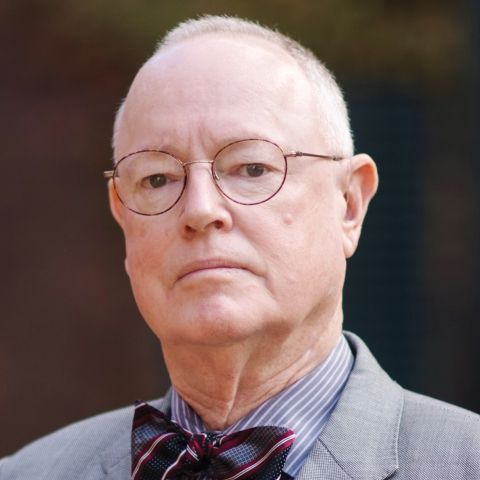
Sheriff or Prisoner?: The United States and the World Trade Organization
I compare two competing accounts of the U.S. role in the global economy. In one version, the United States has built an international system that replicates its ideology, culture and values. This is a unipolar world where the actors have taken off the table fundamental choices about political and economic structure, and a broad range of policy choices reflect Washington's preferences. The United States may not make every meaningful decision in administering the world economy, any more than the headquarters of a multinational corporation dictates precisely what its local managers must do. But, in this scenario, the United States has final say on all questions that significantly affect its interests. I will call this the hegemon story.
The contrasting account depicts the United States as a passive instrument subject to forces outside its control. The identification of these forces varies, but often they are seen as some combination of large multinational corporations and international technocrats. The regime may advance some interests of the United States, at least in the sense that it produces better outcome than would genuine international anarchy. But where the goals of the regime conflict with national interest, the regime prevails. This I will call the regime story, because it asserts that some broader regime limits U.S. action.
I believe that regimes count for a lot, and that U.S. hegemony has been greatly overstated. There are many way to advance this position, but I concentrate on one. I look at three WTO dispute resolution opinions involving the United States, two of which attacked U.S. law and the third of which sought to vindicate the interests of U.S. producers against Japanese trade barriers. I explore in some detail how these decisions both frustrate important U.S. policies and make it more difficult for the United States to organize and maintain a geopolitical hegemony. I then consider whether the apparent thwarting of U.S. objectives in the three cases represents a real constraint on U.S. power and influence. I draw on political economy and institutional economics to frame an argument that the WTO dispute resolution system really limits U.S. discretion. The usual rejoinder to any characterization of an international institution as limiting national behavior is that international bodies lack the power and ability to deter states, and in particular a superpower, from determining their own course. A variation on this argument is that the justifications for the resolution of a dispute-in this case the opinions written by the WTO organs-bear little relation to the underlying basis of the resolution and thus provide little information about how future disputes will come out. Finally, it might be that the U.S. government has used the WTO dispute resolution process to deflect domestic political pressures that interfered with objectives preferred by policy elites. I explore the possibility that the WTO only insulates the Washington consensus from the U.S. heartland. I conclude by acknowledging the difficulty of proving that any law-like norm actually constrains a willful actor, but also by maintaining that the evidence that the WTO exercises a capacity to displace decisionmaking otherwise made in Washington remains suggestive if not fully persuasive.